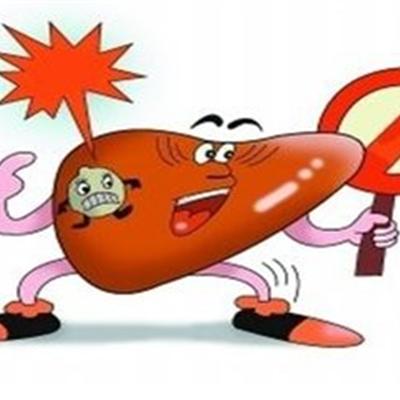Advanced symptoms of cirrhosis ascites?
summary
The harm of cirrhosis ascites is great, if the patient is in the late stage of cirrhosis ascites, and can not effectively control ascites, at this time the patient will bear a lot of pain, bring a great burden to the family. Advanced symptoms of cirrhosis ascites? Let's talk about it.
Advanced symptoms of cirrhosis ascites?
1. General symptoms: the general performance of poor nutritional status, emaciation, lack of energy, severe weakness and bedridden. His skin was dry and rough, and his face was dark and gray. There are often anemia, glossitis, angular stomatitis, night blindness, multiple neuritis and edema. There may be irregular low fever, which may be caused by hepatocyte necrosis, liver detoxification function decline, so that intestinal absorption of toxins into the systemic circulation; Portal vein thrombosis or endometritis; Secondary infection, etc.

2. Gastrointestinal symptoms: loss of appetite, discomfort and fullness of upper abdomen after eating, nausea, even vomiting, poor tolerance to fat and protein, eating greasy food, easy to cause diarrhea. Patients with ascites and gastrointestinal gas and abdominal distension unbearable, late may appear toxic tympanic bowel.

3. Bleeding tendency and anemia: often epistaxis, gingival bleeding, skin ecchymosis and gastrointestinal mucosal erosion bleeding. The bleeding tendency is mainly due to the decreased function of hepatic synthetic coagulation factors, thrombocytopenia caused by hypersplenism, and the increase of capillary fragility. The patients also had different degrees of anemia, which was mainly caused by nutritional deficiency, low intestinal absorption function, hypersplenism and gastrointestinal bleeding.

matters needing attention
The above symptoms are related to gastrointestinal congestion, edema, inflammation, digestive and absorption disorders and intestinal flora imbalance. More than half of the patients had mild jaundice, and a few had moderate or severe jaundice. The latter suggested progressive or extensive necrosis of hepatocytes.











